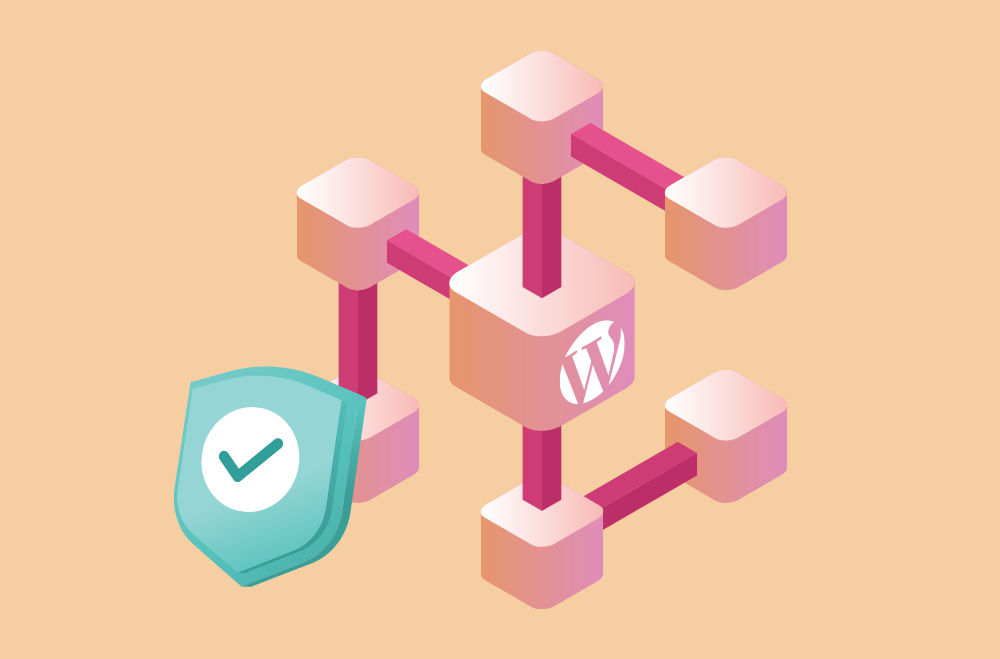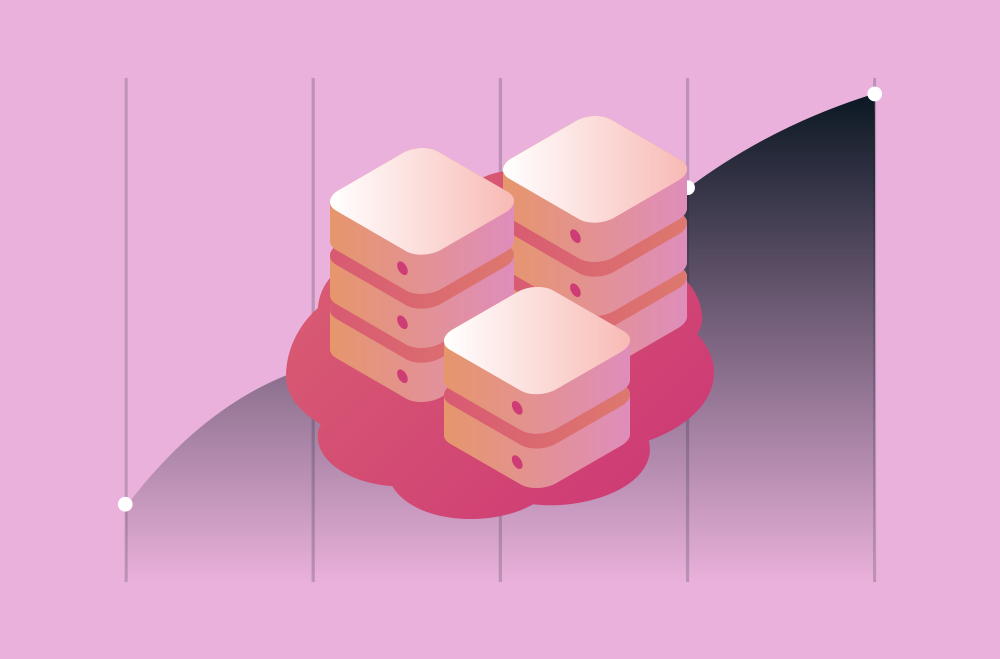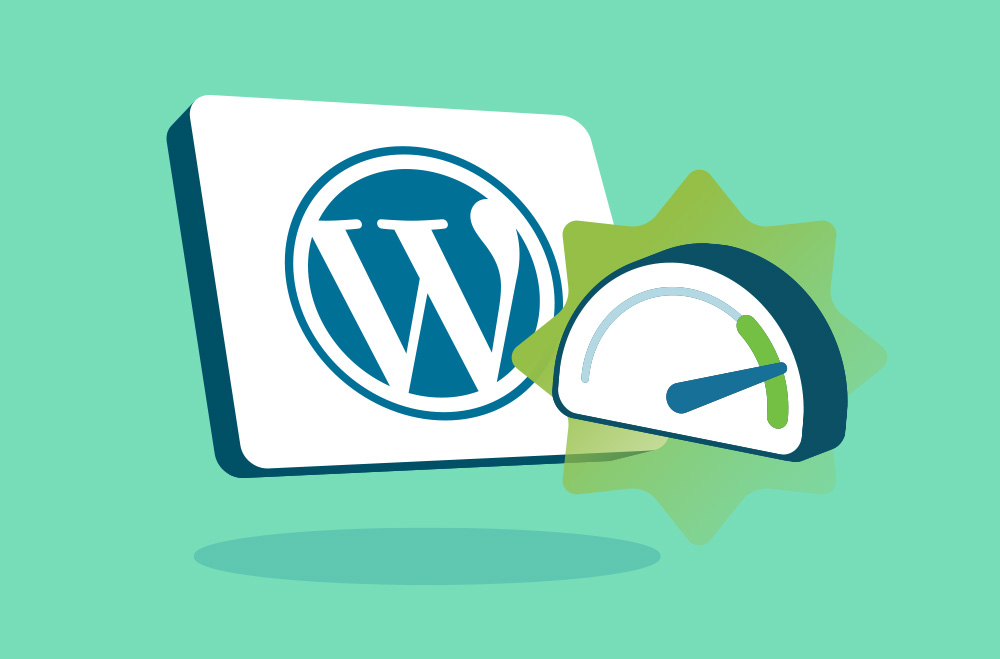
Los propietarios de sitios web de WordPress se ven cada vez más presionados para adoptar medidas de protección avanzadas a medida que las amenazas a la seguridad evolucionan en complejidad y escala. Los entornos de alojamiento tradicionales suelen depender de servidores centralizados, que pueden convertirse en puntos únicos de fallo o blancos de ciberataques. En respuesta, muchos están recurriendo a la tecnología blockchain, un sistema de registro distribuido y descentralizado conocido por impulsar las criptomonedas, como una alternativa más segura. Su estructura a prueba de manipulaciones y su capacidad para registrar transacciones de forma transparente ofrecen mejoras prometedoras a los marcos de seguridad tradicionales del alojamiento web.
La integración de blockchain en el hosting de WordPress puede mejorar la integridad de los datos, eliminar el riesgo de alteraciones no autorizadas y proporcionar verificación en tiempo real del acceso y los cambios. Al descentralizar el almacenamiento y la validación de los datos del sitio, blockchain reduce las vulnerabilidades asociadas a los sistemas centralizados, garantizando un mejor tiempo de actividad, la confianza del usuario y la protección contra filtraciones de datos. Este artículo explora las aplicaciones prácticas de blockchain en el hosting de WordPress y cómo puede ayudar a crear sitios web más seguros, transparentes y de alto rendimiento.
Entre 2022 y 2025, se proyecta que la adopción de blockchain en el hosting de WordPress crezca del 10 % al 53 %, lo que reducirá los incidentes de seguridad hasta en un 14 %. Simultáneamente, se espera que los entornos de hosting descentralizados aumenten del 5 % al 35 %. Estas tendencias reflejan la creciente confianza en el papel de blockchain para mejorar la seguridad, la transparencia y la resiliencia de los sitios web frente a las ciberamenazas modernas.
Blockchain es una tecnología revolucionaria que funciona como un libro de contabilidad digital descentralizado y distribuido. A diferencia de las bases de datos tradicionales controladas por una sola entidad, blockchain opera en una red de computadoras, cada una de las cuales mantiene una copia de todas las transacciones. Estas transacciones se agrupan en bloques y se vinculan cronológicamente para formar una cadena, lo que hace que el sistema sea altamente resistente a la manipulación o a cambios no autorizados.
Lo que distingue a la cadena de bloques es su transparencia y seguridad inherentes. Cada bloque está protegido mediante algoritmos criptográficos y mecanismos de consenso, lo que garantiza que, una vez escritos los datos, no se puedan modificar sin el consentimiento de toda la red. Esta inmutabilidad convierte a la cadena de bloques en una solución fiable para aplicaciones donde la integridad de los datos es fundamental, como las transacciones de criptomonedas, los contratos inteligentes y, cada vez más, los entornos de alojamiento de WordPress.
Blockchain está a punto de impulsar el alojamiento de WordPress más allá de las limitaciones tradicionales al introducir una infraestructura programable y modelos dinámicos de interacción con el usuario. A medida que evolucionen las tecnologías Web3, el alojamiento ya no se limitará al almacenamiento y la distribución de contenido; se convertirá en una plataforma para conectar con ecosistemas descentralizados. Los sitios web de WordPress pronto podrán operar con funciones nativas de blockchain, como el control de acceso mediante tokens, credenciales verificables o la publicación de contenido en cadena, todo ello gestionado desde el alojamiento.
La monetización es otro ámbito propicio para la disrupción. Blockchain permite superar los ingresos basados en publicidad y los procesadores de terceros al permitir transacciones nativas de criptomonedas, membresías automatizadas y microtransacciones. Los propietarios de sitios web pueden recompensar a los usuarios con tokens por su interacción, vender contenido premium mediante contratos inteligentes o establecer estructuras similares a DAO para iniciativas financiadas por la comunidad. Estas capas financieras podrían integrarse en el conjunto de servicios de alojamiento, lo que permitiría modelos de ingresos flexibles, transparentes e instantáneos.
La integración de dApps y servicios blockchain probablemente será integral. Los entornos de alojamiento pueden incluir módulos prediseñados para almacenamiento descentralizado, acuñación de NFT o inicios de sesión basados en billeteras. Esto amplía el rol de WordPress, pasando de la gestión de contenido a la distribución descentralizada de aplicaciones. Los proveedores de alojamiento que adopten esta estrategia ofrecerán ancho de banda, tiempo de actividad y acceso a una nueva economía digital.
Resumen: Tendencias clave que definen el rol de la tecnología blockchain en el alojamiento de WordPress
La integración de blockchain en el alojamiento de WordPress ofrece una ventaja transformadora para los sitios web modernos. Su arquitectura descentralizada mejora significativamente la integridad de los datos y la protección contra ciberamenazas, garantizando que no se puedan manipular una vez registrada la información. Esta inmutabilidad es especialmente valiosa para sitios y plataformas de comercio electrónico que gestionan datos confidenciales de clientes. Además, blockchain fomenta la transparencia, permitiendo a usuarios y administradores rastrear y verificar todas las interacciones en la red.
Más allá de la seguridad, la tecnología blockchain permite sistemas de pago más eficientes y reduce los costos operativos. Al eliminar los procesadores externos, las transacciones se vuelven más rápidas y seguras. Las opciones de alojamiento descentralizado reducen la dependencia de proveedores centralizados, lo que reduce los gastos de alojamiento y aumenta la resiliencia. Estos beneficios combinados ofrecen a los propietarios de sitios web un entorno de alojamiento más innovador y transparente, diseñado para la escalabilidad y el rendimiento.
Los beneficios clave incluyen:
Blockchain se integra con el alojamiento de WordPress mediante una infraestructura descentralizada que complementa las tecnologías web tradicionales. Permite que los sitios de WordPress operen en entornos distribuidos en lugar de depender de puntos únicos de fallo, como servidores centralizados. Esta integración facilita flujos de trabajo más seguros, transparentes y autónomos. Desde la entrega de contenido hasta el procesamiento de pagos, blockchain ofrece nuevas capacidades que mejoran el rendimiento y la confianza del usuario.
Diversas tecnologías blockchain se pueden integrar sin problemas en el ecosistema de WordPress para automatizar tareas y aumentar la fiabilidad. Estas integraciones se facilitan mediante API, contratos inteligentes y redes de almacenamiento descentralizadas, lo que reduce la sobrecarga y mejora el control.
Los métodos de integración clave incluyen:
A pesar de sus numerosas ventajas, la integración de blockchain en el alojamiento de WordPress presenta varios obstáculos que los propietarios de sitios web deben abordar. La tecnología aún es relativamente nueva en el alojamiento web y requiere cierto nivel de experiencia para una implementación eficaz. Desde la gestión de cambios de infraestructura hasta la gestión de sistemas descentralizados, la transición puede no ser sencilla para todos los usuarios, especialmente para aquellos que no están familiarizados con los principios de blockchain.
La escalabilidad y el cumplimiento normativo también presentan desafíos constantes. A medida que blockchain evoluciona, el rendimiento con tráfico intenso y la conformidad con marcos legales como el RGPD siguen siendo preocupaciones clave. Además, la compatibilidad con entornos de alojamiento existentes y herramientas de terceros puede ser limitada, lo que ralentiza la adopción en todo el ecosistema.
Los principales desafíos incluyen:
Para maximizar los beneficios de blockchain en el alojamiento de WordPress, es fundamental implementar las mejores prácticas que refuercen la defensa y la estabilidad de su sitio. Si bien blockchain añade una capa de seguridad mediante la descentralización y la inmutabilidad, su efectividad depende de su correcta configuración y mantenimiento. Asegurarse de que sus plugins, contratos inteligentes e integraciones estén actualizados y bien administrados reducirá significativamente el riesgo de explotación o tiempo de inactividad.
Además, son cruciales medidas proactivas como la monitorización de la actividad de la cadena de bloques y la preparación para escenarios de recuperación. La capacitación adecuada del personal y la implementación de protocolos de autenticación seguros fortalecen aún más su entorno de alojamiento. Siguiendo estas prácticas recomendadas, los propietarios de sitios web de WordPress pueden aprovechar al máximo el potencial de la cadena de bloques sin comprometer el rendimiento ni la seguridad.
Las mejores prácticas clave incluyen:
A medida que la tecnología blockchain avanza, su potencial para revolucionar el alojamiento de WordPress se hace cada vez más evidente. Las infraestructuras de alojamiento tradicionales dependen en gran medida de centros de datos centralizados, vulnerables a interrupciones, filtraciones de datos y problemas de privacidad. Blockchain ofrece una alternativa más resiliente al permitir entornos de alojamiento descentralizados. Este cambio podría reducir los puntos únicos de fallo y mejorar el tiempo de actividad, a la vez que ofrece a los propietarios de sitios web un mayor control sobre sus datos e infraestructura.
Además, la tecnología blockchain abre la puerta a modelos de negocio y experiencias de usuario innovadores. Los sitios de WordPress pueden aprovechar las aplicaciones descentralizadas (dApps), acceder a comunidades basadas en tokens y procesar pagos sin intermediarios. Estos avances apuntan a un futuro en el que WordPress se convertirá en un actor clave en el espacio Web3.
Los impactos futuros clave incluyen:
Aunque blockchain promete un entorno de hosting más seguro, transparente y resiliente, varios obstáculos podrían frenar su adopción generalizada en el ecosistema de WordPress. Los propietarios de sitios web más pequeños pueden encontrar una curva de aprendizaje pronunciada, mientras que las empresas consolidadas deben sopesar los costos de modernizar su infraestructura heredada. Además, los cuellos de botella en el rendimiento y los marcos regulatorios poco claros pueden dificultar la planificación a largo plazo, obligando a los desarrolladores y proveedores de hosting a actuar con cautela a medida que la tecnología madura.
Superar estos obstáculos requerirá una mejor formación, soluciones escalables de capa dos y una orientación legal más explícita. Hasta entonces, los usuarios de WordPress deberían evaluar las ventajas y desventajas de la cadena de bloques en función de sus prioridades empresariales y habilidades técnicas.
Los principales desafíos futuros incluyen:
La integración de la tecnología blockchain en el alojamiento de WordPress ofrece interesantes posibilidades para mejorar la seguridad del sitio web, la integridad de los datos y el rendimiento general. Al aprovechar la naturaleza descentralizada e inmutable de la blockchain, los propietarios de sitios de WordPress pueden beneficiarse de una mayor transparencia, un mejor control de sus datos y una menor vulnerabilidad a los ciberataques.
Sin embargo, a pesar de sus numerosas ventajas, la tecnología blockchain aún presenta desafíos como complejidad técnica, problemas de escalabilidad y preocupaciones regulatorias. A medida que la tecnología madura, se espera que más proveedores de hosting y propietarios de sitios web de WordPress adopten blockchain, lo que generará un entorno de internet más seguro y descentralizado. El futuro del hosting de WordPress con blockchain parece prometedor, pero una cuidadosa reflexión y preparación son esenciales para alcanzar su máximo potencial.
Si está listo para experimentar el futuro del alojamiento seguro y confiable de WordPress, considere cambiarse a un proveedor que apuesta por la innovación. Bright Hosting ofrece Planes de alojamiento de WordPress Diseñado pensando en el rendimiento, la seguridad y la escalabilidad. Explore sus opciones hoy mismo y descubra cómo tecnologías avanzadas como blockchain pueden transformar la experiencia de su sitio web.





